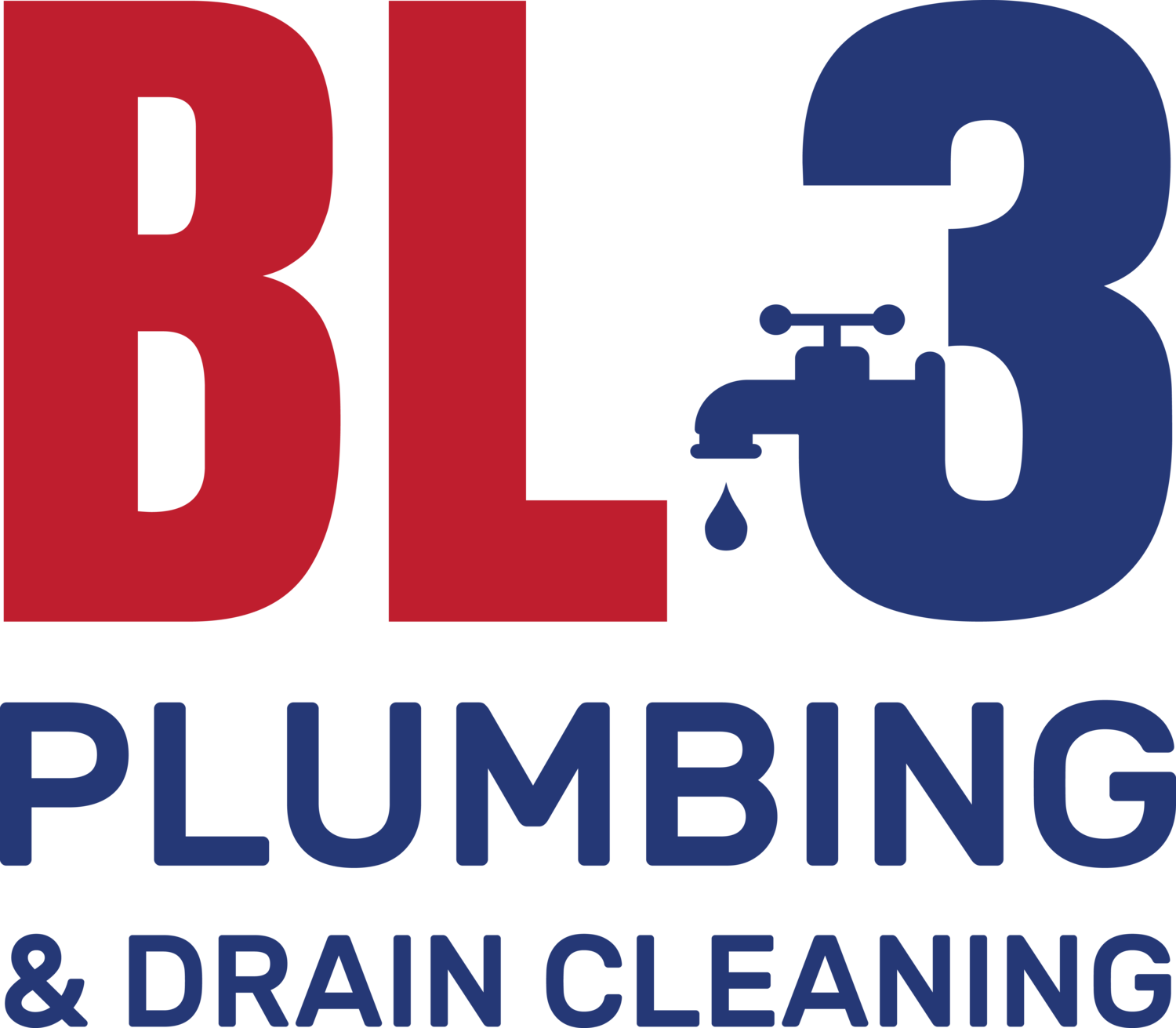Water damage typically occurs more in rainy seasons like spring or early winter. However, summer has been known to present some problems of its own. In Oklahoma, we’re not strangers to unpredictable weather. The summer months can bring everything from heavy rainfall to drought for weeks on end. Locked in a never-ending battle to balance these elements, your water system runs the risk of overworking itself.
Instead of greeting plumbing issues as they happen, it’s important to prepare your home for any mishaps that might come your way. To prevent mold and stop summer water damage in its tracks, follow these five steps to ensure your plumbing is in tip-top shape for the season ahead.
1. Air Conditioner Overflow
Both central AC and window units can cause water damage. As you work to cool down your home, the AC produces a lot of water through operation and condensation. With window units, specifically, the water drainage pipe is meant to aim outside the window (so no condensation enters the home). However, if the AC isn’t set level in the window, the water can easily leak inside your home —potentially damaging carpets or other flooring.
Central AC units use even more water. And, when debris or algae clogs the drain, water can slowly start leaking. This is the root problem of many basement floods. If you notice water damage, you can hire a restoration specialist to clean up any areas where the water has leaked. Or, if you caught the problem early on, you can clean it yourself and contact an inspector to check for any signs of bacterial growth.
2. Basement Flooding
Many home basements are prone to flooding. As we mentioned in the previous section, many are caused due to improper damage. However, floor drains and sewer lines may also cause a backup. To avoid this, we recommend regular drain and sewer cleanings.
Or, if you mostly notice seepage after heavy rainfall, invest in a sump pump. This helps pump water away from your home which keeps your basement dry while protecting your home from summer water damage. To ensure it’s running properly, schedule one of our plumbers to come out and perform routine maintenance.
3. Indoor Humidity
High humidity can also cause unwanted water damage. Warm air holds in moisture much better than cold air and during an evening where the temperature is low, the air can’t hold in the moisture any longer — causing it to gather along walls, ceilings and other surfaces.
Condensation damages these surfaces as well as underlying drywall or wood (which are extremely absorbent). Mold thrives in these conditions, causing significant damage to your property as well as a variety of health effects.
If your home has or is experiencing excess condensation, refer to a local restoration professional to remove the moisture and provide proper dehumidification. However, by closely monitoring and reducing humidity levels in your home as needed, you can avoid costly damage to your home and health.
4. Clogged Gutters and Downspouts
Clogged rain gutters and downspouts can cause pooling water on your roof. Not only does this weaken your roof but can effectually lead to major leaks and bacterial growth. Spend a little time each season removing debris from these areas. Also, make sure your downspouts are discharging water a proper distance away from your home. As a rule of thumb, aim for a minimum of 10 feet to help prevent flooding.
5. Irrigation System Leaks
Summer is one of the most important seasons for lawn care. There’s nothing homeowners love more than a fresh, green lawn. And, because Oklahoma is known for its dry heat, it’s almost impossible to achieve without a home irrigation system. Whether you’ve installed sprinklers or simply use a hose, it’s important to pay attention to any water issues that arise — even if it’s the tiniest leak.
If you use sprinklers, make sure they’re not aiming water directly at your home. Excessive watering can cause pooling which runs the risk of leaking into your foundation. If you use an underground irrigation system, regularly check for any “soft spots” in the yard. If you notice an issue, turn off the water and contact a restoration company as soon as possible.
Preventing Indoor Summer Plumbing Issues
Unfortunately, water damage doesn’t just happen outdoors. You may encounter problems with moisture, leaks and clogs in the comfort of your own home. To protect your property from summer water damage, prevent common indoor plumbing issues with these simple tips:
- Check and fix any household leaks in toilets, faucets and shower heads.
- When preparing food for picnics and barbecues, avoid putting any cooking oils or scraps down the garbage disposal in order to prevent clogs.
- Prevent pooling and conserve water this summer by following these seven tips lined out by the NRDC.
There’s Never a Good Time for Summer Water Damage
Whether you’re at home or on summer vacation, a leaking AC unit, ruptured pipe or broken sprinkler head can cause a world of trouble. But, there’s one thing that can stop a problem in its tracks — prevention. If you need an inspection or are experiencing plumbing issues you’d rather tackle sooner than later, give our trusted BL3 team a call at one of our two locations!


